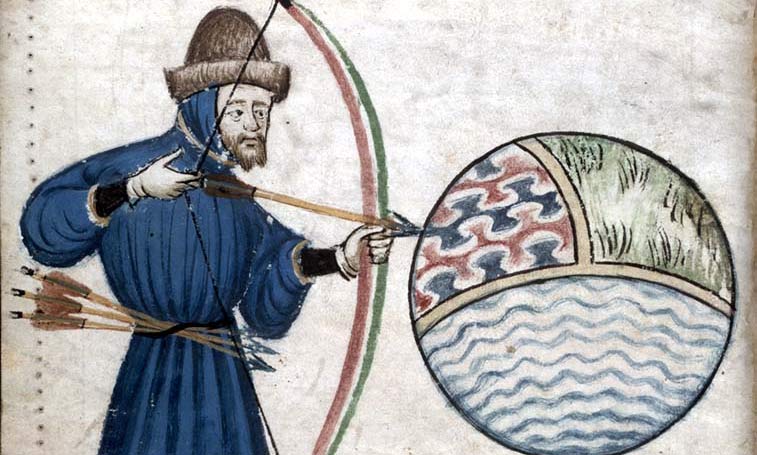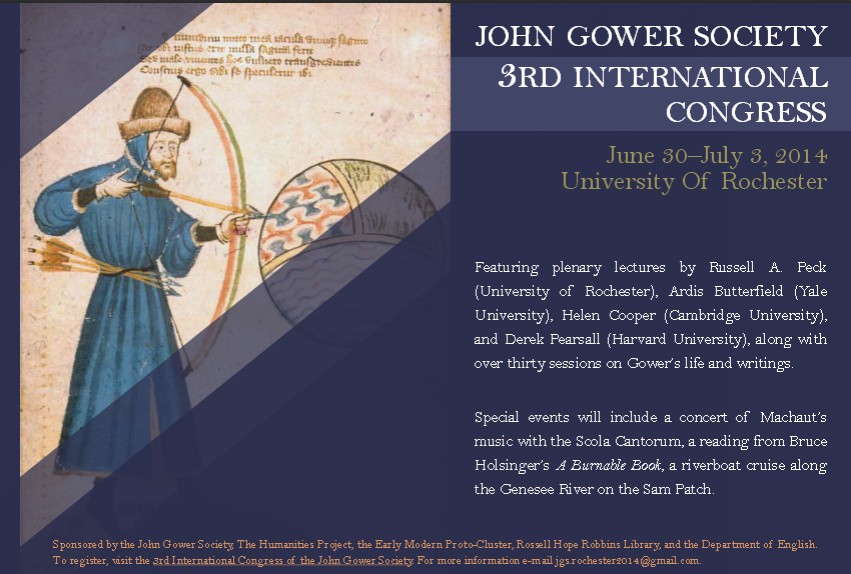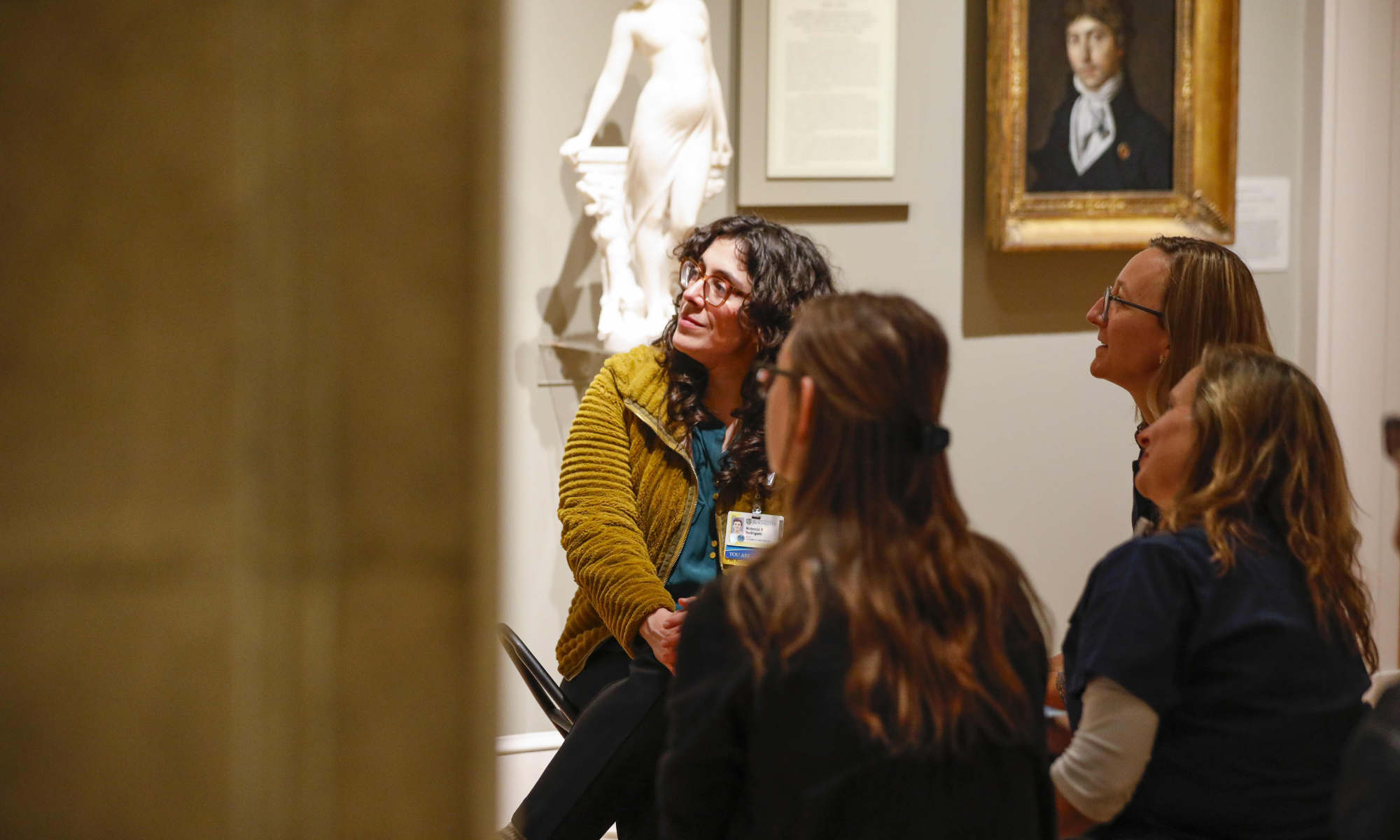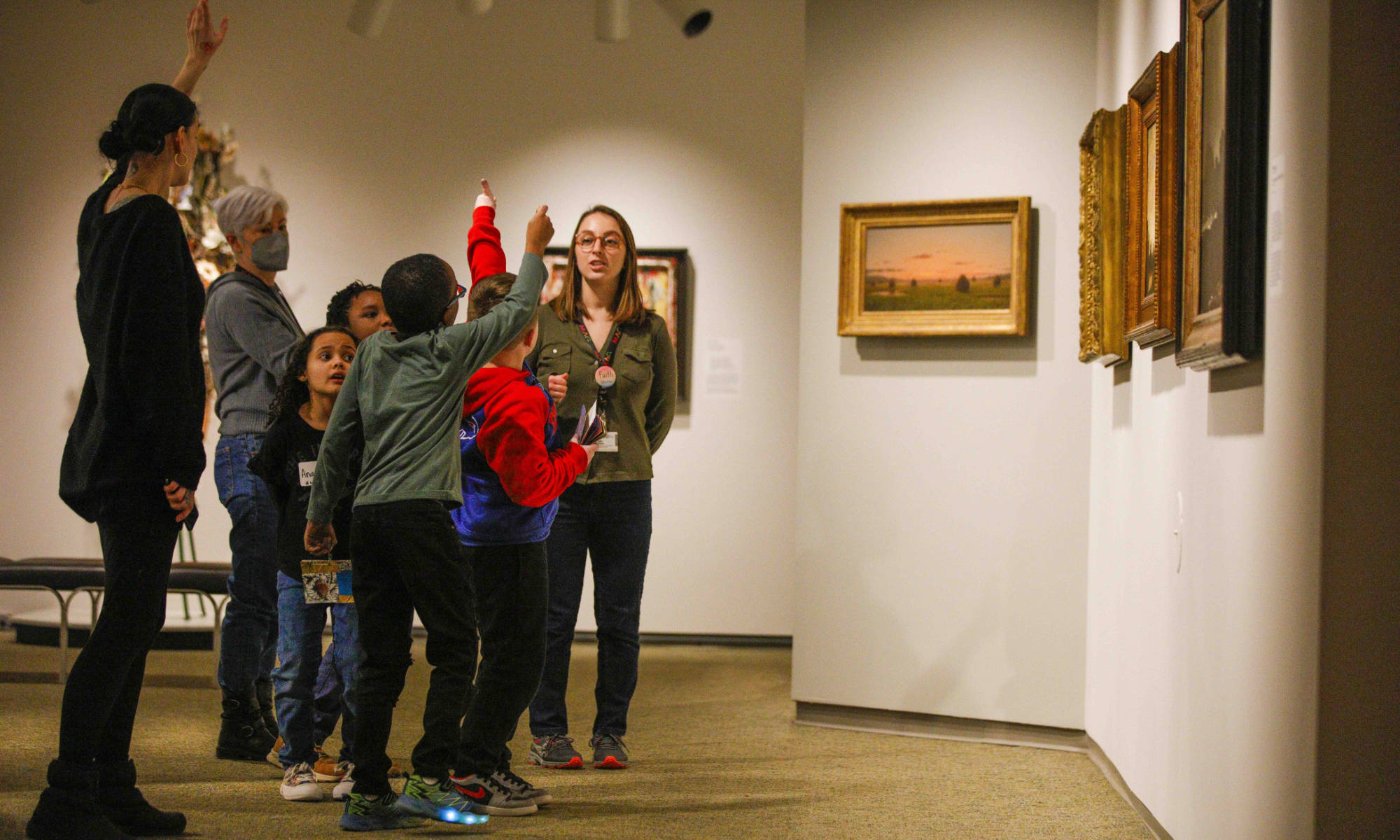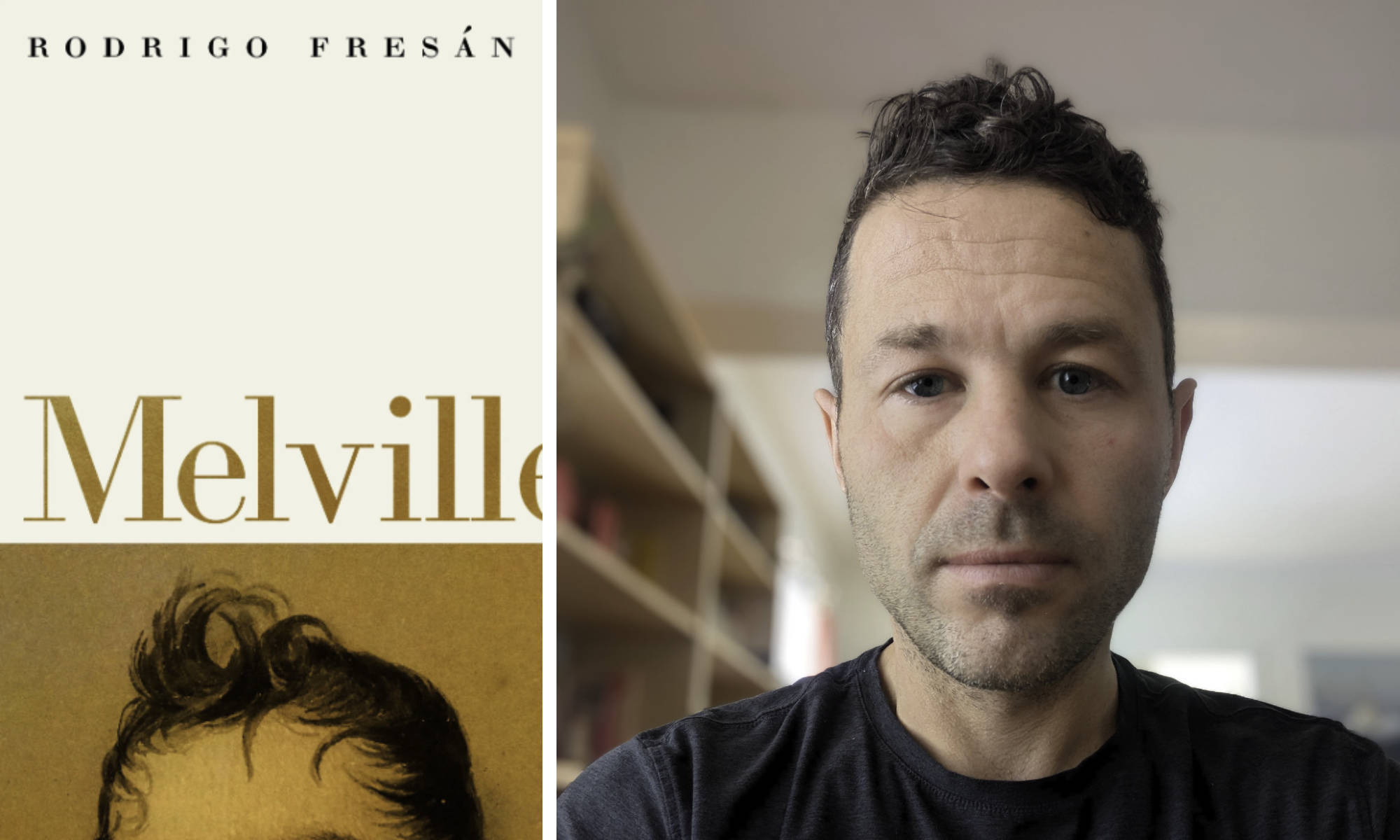Rochester Hosts Conference on 14th-Century Poet
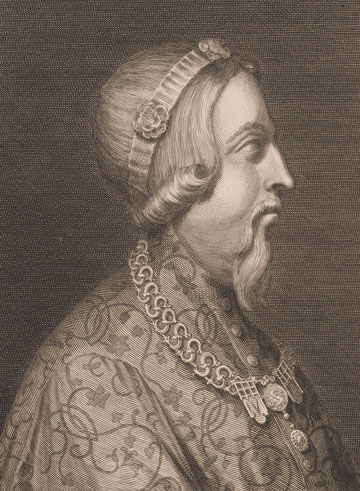 Nearly 150 scholars and students from as many as 20 countries will converge at the University of Rochester from June 30 through July 3 to share their research—and excitement—about John Gower, a 14th-century English poet whose popularity is on the rise among medieval researchers.
Nearly 150 scholars and students from as many as 20 countries will converge at the University of Rochester from June 30 through July 3 to share their research—and excitement—about John Gower, a 14th-century English poet whose popularity is on the rise among medieval researchers.
During the 3rd International Congress of the John Gower Society, scholars will explore the life and work of Gower, a contemporary of Geoffrey Chaucer, and one of the major poets during the reign of Richard II. He was admired by Chaucer and influenced such later writers as William Shakespeare, Edmund Spenser, John Milton, and Ben Jonson. “He’s has become a major topic these days among young medievalists worldwide,” notes Russell Peck, the John Hall Deane Professor of Rhetoric and Literature at Rochester and an internationally recognized expert on the poet.
The John Gower Society, founded by R. F. Yeager in collaboration with Alistair Minnis and Peck, has been a crucial force in the development of Gower studies. Under Peck’s tutelage, the creation of Gower texts for use in the classroom as well as research has evolved primarily at the University of Rochester, making the upstate New York university an ideal location for this year’s conference. Peck produced in 1968 an abridged version of Gower’s Confessio Amantis and more recently, his three-volume edition of the same text has become the standard text of that poem.
Peck’s pioneering Middle English Text Series also has been embraced by the National Endowment for the Humanities as a model program in the growing field of digital humanities. The program has been instrumental in making Gower’s works in English, French, and Latin available not only in print but online, facilitating research and collaborative investigation. Indeed, one of the reasons for the growing interest in Gower, especially among young researchers, is the “increasing accessibility of good editions” of his poetry, which are not only affordable, but maintain a high standard of scholarship, notes Rochester graduate student Kara McShane, one the conference’s facilitators. Many of those young medievalists will be in attendance at the conference, which is titled John Gower: Language, Cognition, and Performance.
Gower’s three major works are written in the three languages that were current in 14th-century England – Latin (Vox Clamantis), Old French (Mirour de l’Omme), and Middle English (Confessio Amantis). Gower was not only one of the greatest storytellers of his time, but also a political analyst with a profound interest in law and institutions, says McShane. He “helps us better understand the trilingual political and cultural context through which these languages work together,” she explains. “Gower is very involved in political questions, in questions of growing nationalism.” For example, Gower is the only English poet to provide a detailed personal account of the Peasant’s Revolt of 1381, as well as a complex allegory on the overthrow of Richard II. “He examines historical moments that give us insights into the institutions and political systems and questions that are still with us,” she says.
Thanks to the trailblazing spirit of Gower scholars, original Gower manuscripts can now be accessed online. One notable web archive is the Gower Project, founded by University of Rochester alumnus Eve Salisbury, who is now a professor of medieval literature at Western Michigan University.
“For people like us who cannot easily go to a British library, we can actually look at these originals with all their illuminations, handwriting, and annotations,” says Pamela Yee, a Rochester graduate student who also is helping to facilitate the conference. “We’re all benefiting from the availability of these materials.”
About the conference
The University of Rochester will be represented by more than 20 presenters and presiders, including current faculty, graduate students, and alumni from the departments of English, History, and the Eastman School of Music. Aspects of language, cognition, and performance in Gower scholarship will be examined in four plenary lectures and more than 30 panel sessions, said Yee.
Each session will each involve three to four presenters and a brief question and answer conversation. Presenters include distinguished scholars from North America, England, Europe, and Asia. Most sessions will be held in Rush Rhees Library. The conference agenda includes:
- Plenary addresses by Helen Cooper (Cambridge and Oxford University), Derek Pearsall (Harvard and York University), Ardis Butterfield (Yale University and University of London), and Russell Peck (University of Rochester).
- A concert at the Memorial Art Gallery featuring the music of Guillaume de Machaut, a French contemporary of Gower, followed by a plenary panel on French in England.
- A session on the creative uses of Gower, including a machinima presentation of 3 of Gower’s tales by Sarah Higley (University of Rochester) and a reading by Bruce Holsinger from his new novel A Burnable Book, a historical thriller in which Gower plays a central role.
- An exhibit featuring digitized reproductions of medieval Gower manuscripts, illustrations from these manuscripts, and important editions of Gower’s major works in Rare Books and Special Collections at Rush Rhees.
- A Genesee River boat ride aboard the Sam Patch, in recognition of Gower’s interest in rivers.
For more information, visit the conference website or email questions to jgs.rochester2014@gmail.com.

